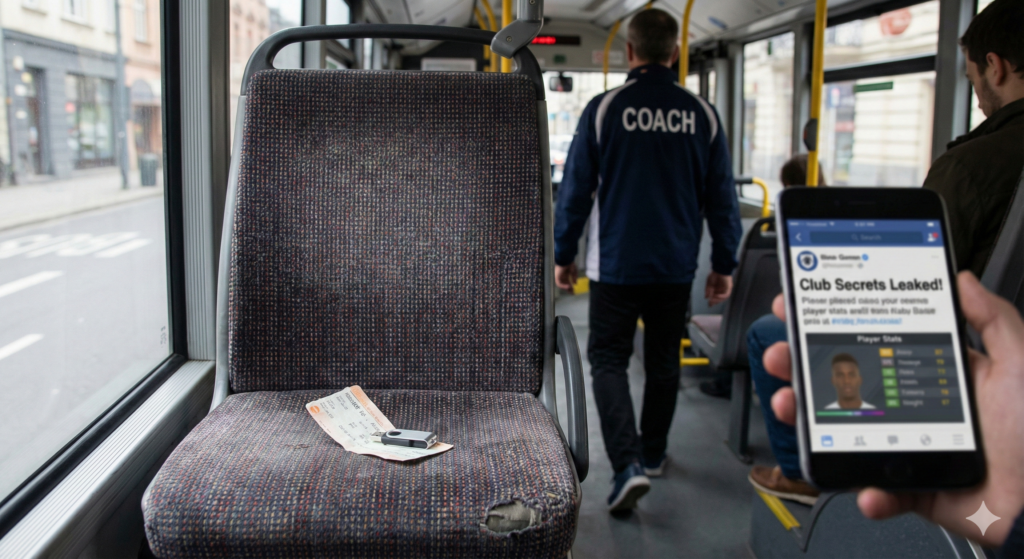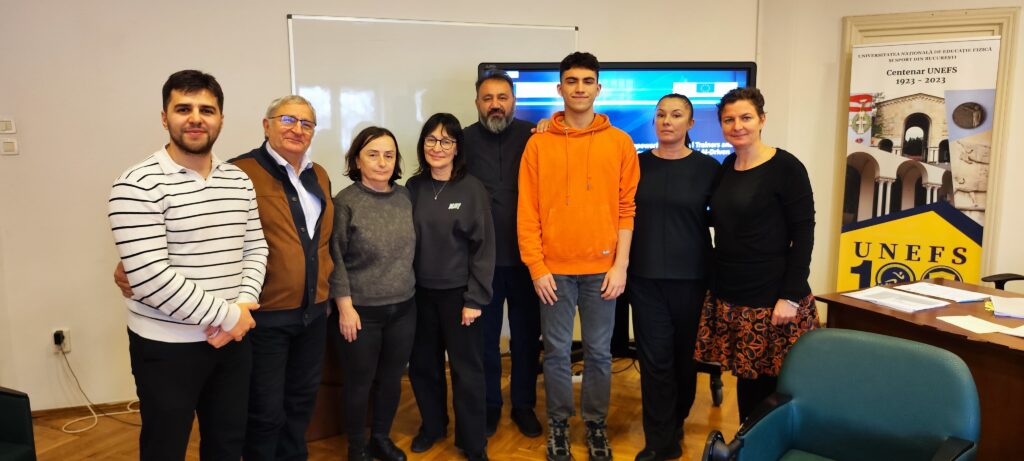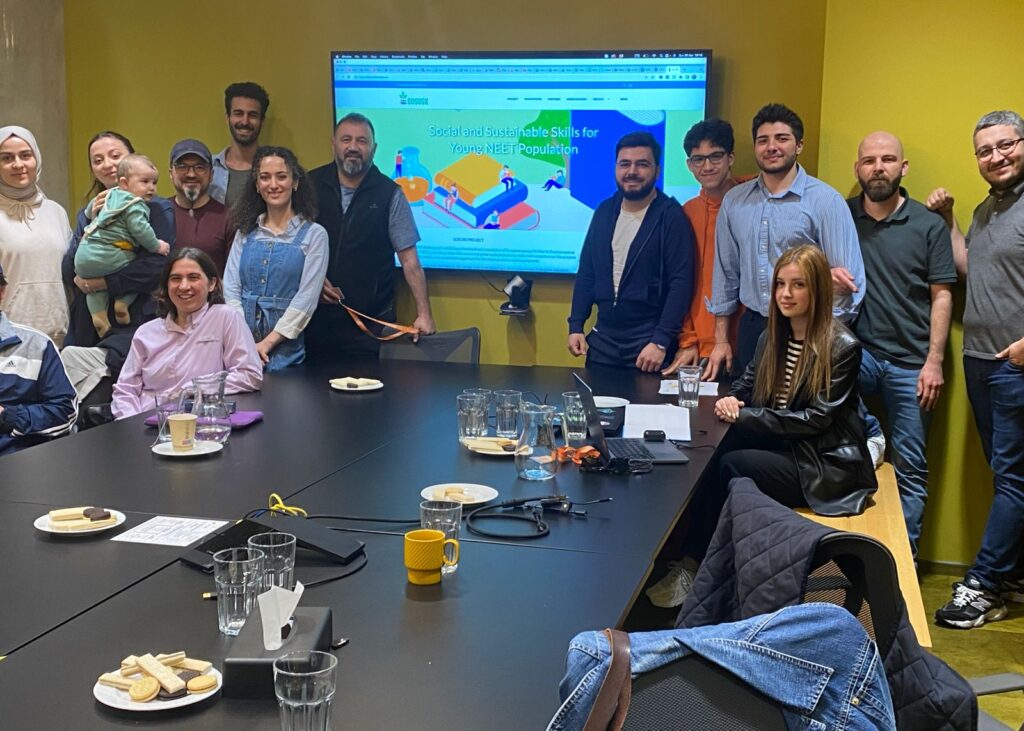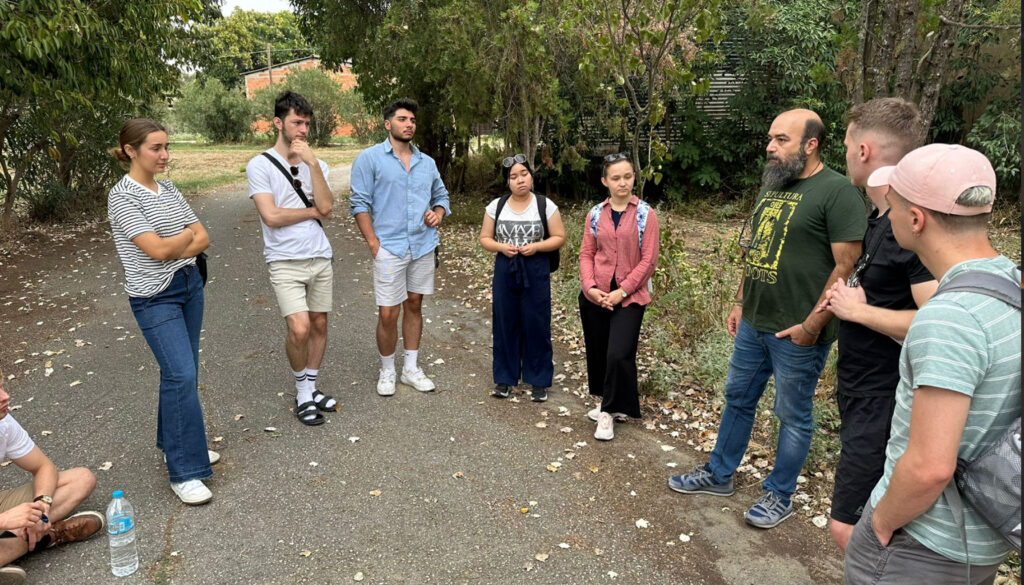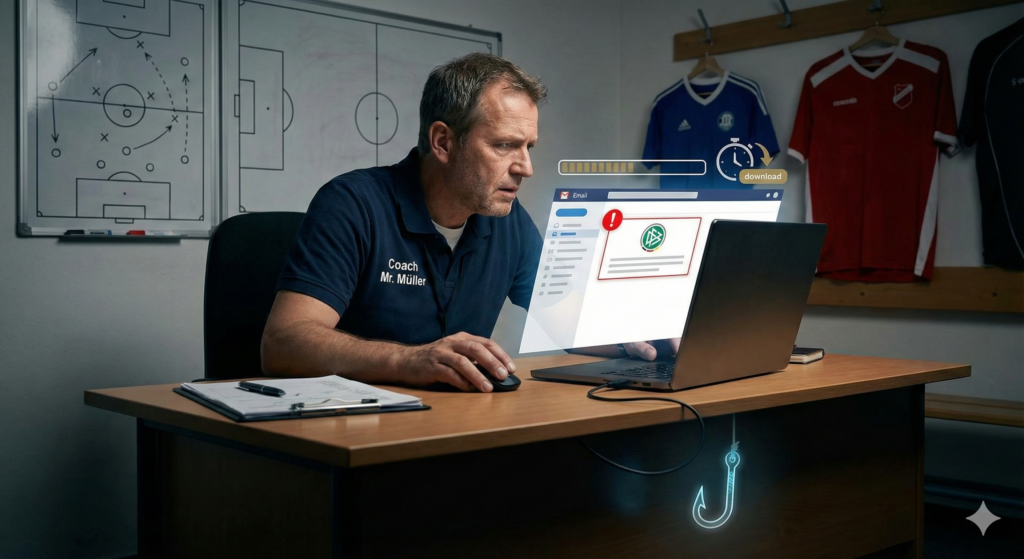Many migrant students face invisible barriers. UP-RES builds emotional resilience to make real inclusion and academic success possible.
When we talk about equal opportunities in education, we often think only in terms of physical access. Yet the invisible barriers within classrooms can be just as thick as concrete walls. Across Europe, the growing number of migrant and refugee students find themselves right in the middle of these hidden challenges. It’s not just language barriers they face, but trauma, identity crises, social exclusion, and a lack of self-confidence—all of which call for a more genuine interpretation of inclusive education.
According to OECD (2019) data, migrant-background students in Europe tend to score lower academically and are at greater risk of early school leaving. However, these outcomes cannot be explained solely by academic gaps. Research has shown that a lack of psychological resilience is one of the most influential factors shaping these students’ educational experiences.
Resilience: The Hidden Key to Academic Success
Resilience—the ability to recover and grow from adversity—is essential for all learners. But for migrant students, it’s more than a personal skill; it’s the foundation for educational continuity and a sense of belonging.
The refugee experience, displacement, societal bias, and isolation deeply erode emotional resilience. This affects not only students’ well-being but also their ability to participate and succeed in the classroom. Before a student can succeed academically, they must feel safe, understood, and supported. Without that emotional foundation, any academic effort risks falling short.
The UP-RES Project: Building an Emotional Foundation for Real Inclusion
This is where the UP-RES (Upskilling Practitioners for Resilience-based Education Strategies) project steps in. Funded by Erasmus+, UP-RES aims to make the resilience challenges faced by migrant and refugee students visible and actionable within education systems.
Instead of focusing only on students, UP-RES places educators at the heart of its approach. Through research-based strategies, the project empowers teachers to become emotional support anchors in their classrooms. This enables students to feel valued, develop better coping mechanisms, and engage more fully with learning.
The project’s multilingual digital learning platform offers interactive modules, AI-supported scenario-based videos, self-assessment tools, and reflection sections—blending cognitive learning with emotional growth. Polish project partner Mobile Adventure (MOBAD) played a key role in the platform’s technical infrastructure, contributing to its user-friendly and accessible design.
Emotional Resilience Is the Foundation of Inclusion
By boosting emotional resilience, UP-RES supports not just individual development but also engagement, achievement, and social integration. Students with stronger emotional foundations participate more, build confidence, and are more likely to succeed academically.
In this way, UP-RES is more than a toolkit—it’s a model for systemic transformation. It brings to life the European Pillar of Social Rights’ principle of quality and inclusive education for all, showing that emotional well-being is a non-negotiable dimension of educational equality.
To follow the latest updates on the UP-RES project: https://mobad.pl/project/up-res/



